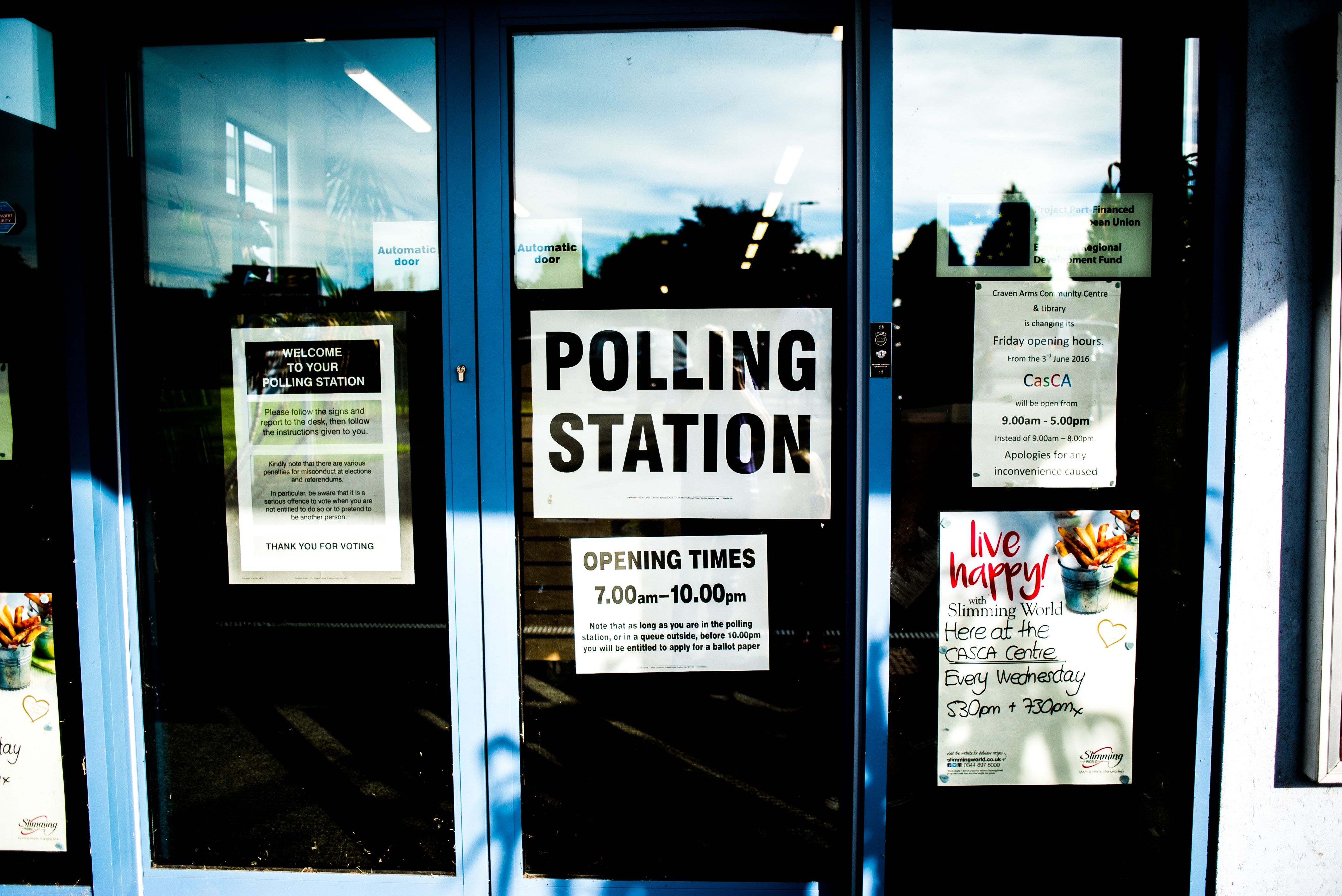Why 16 and 17 year-olds should have the right to vote
Hearing some of the arguments being made against lowering the voting age, you would think 16 and 17 year olds were incapable of independent thought or speech. They are often being talked about rather than talked to. ‘It is only natural’, asserts Henry Hill of the ConservativeHome website, ‘that people whose whole experience of the state is on the receiving end should have a distorted view of it’.
I have to refer to Hill’s argument because the government hasn’t bothered to undergo parliamentary scrutiny and provide one of its own. A few weeks ago, the House of Commons attempted to debate a bill calling for the lowering of voting age to 16. Rather than engage with the bill, Conservative MPs filibustered it. Several rambled on about the previous topic debated in the knowledge that this would leave no time for any vote to take place, sidelining the issue until at least December.
The picture Hill paints isn’t one I recognise. 16 and 17 year olds are not passive receivers of all of the state’s provisions in some sheltered existence: they can pay taxes, live alone, apply for a passport, and many work full time. Across the political spectrum in the UK, there should be widespread agreement that it isn’t right for anyone who is eligible to pay tax not to be allowed a vote: they should have the right to decide where and how their money is spent.
The extension of the right to vote to 16 and 17 year olds during the 2014 Scottish independence referendum energised young people on both sides of the debate
As a country we don’t screen people at the polling booths to try and somehow check they fully understand what they’re voting for, and rightly so. We are, however, currently happy to make the blanket assumption that anyone aged 16 or 17 can’t weigh up the apparently sophisticated and complex arguments as those put forward in contemporary politics.
This assumption is unfair. The extension of the right to vote to 16 and 17 year olds during the 2014 Scottish independence referendum energised young people on both sides of the debate, winning them praise from figures in the Yes and No campaigns alike. There is no evidence that they were collectively any more naive or easily led than the average voter; as a demographic, polls suggest their voting habits resembled the overall outcome pretty closely. Many took an active role in campaigning. It was a clear indication of what could be achieved by lowering the voting age in other elections and referenda.
Current issues in politics directly concern those below 18, and it is wrong to exclude them from the debate. By the time Britain is set to leave the EU in March 2019, everyone who was aged 16 or 17 at the time of the referendum last year will be an adult. They will feel the social and economic impacts of Brexit just as much as everyone else, potentially for the rest of their lives. The issue of leaving may be settled, but the terms on which we leave are evidently not. These terms will have a great impact on the lives of people who have had no say on what they should be. They are currently being decided seemingly on a whim, by a man who turned up to the second round of Brexit negotiations without any notes.
This is, for a number of reasons, not a good time for the young to be politically unrepresented. Several economic forecasts predict that this will be the first generation to be collectively worse off than their parents were. People in their twenties have already been disproportionately hit, suffering the largest median income fall as a group. Theresa May herself acknowledges a growing gap in affluence between wider society and the young – though her taking any real action on this seems out of the question.
There is no credible evidence that 16 and 17 year olds are incapable of making their own political decisions and casting a vote.
In fact, the actions of the current government are damaging the immediate prospects of those aged 16 and 17 in a number of ways, but their ability to challenge this is minimal. They are disenfranchised. There is no credible evidence that 16 and 17 year olds are incapable of making their own political decisions and casting a vote. Granting them one would go a long way towards redressing an age imbalance in the way the UK’s population is represented in Parliament.

Comments